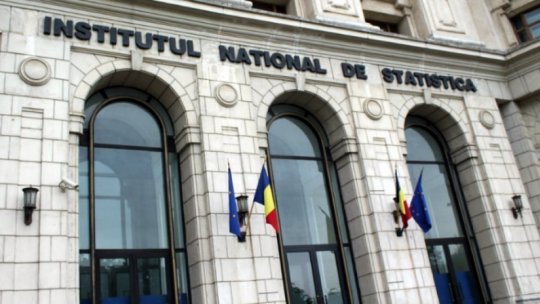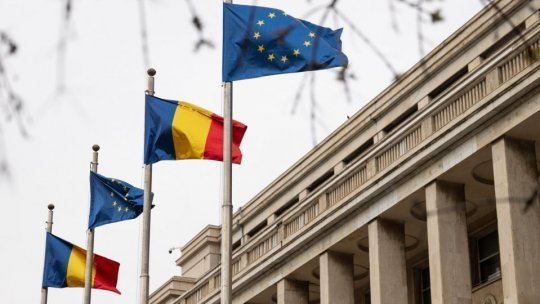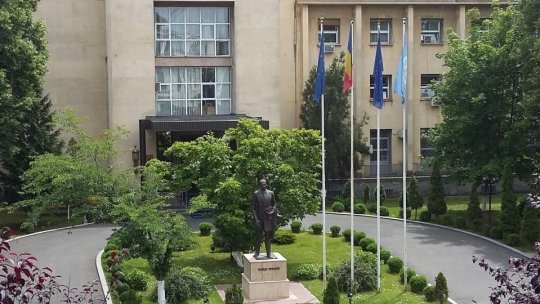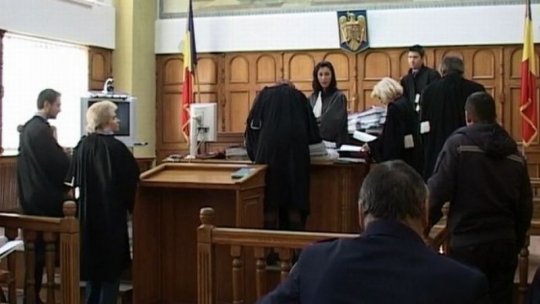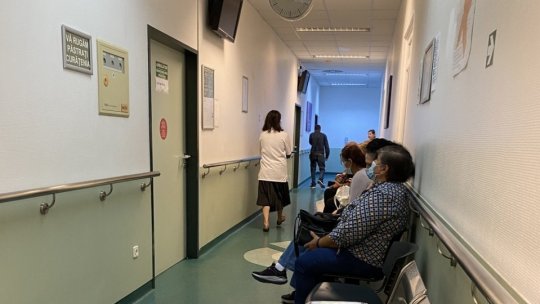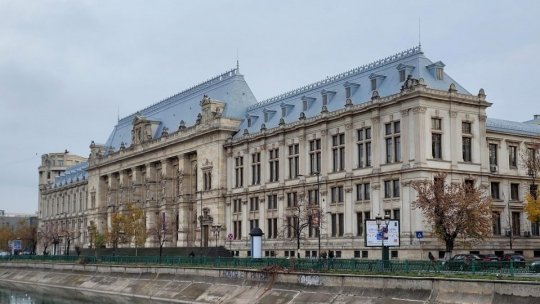Financial Press Review, 4 March
Articles from the dailies Ziarul Financiar, Curierul Naţional, Bursa, Săptămâna Financiară and Capital.

Articol de Dinu Dragomirescu, 04 Aprilie 2011, 18:38
‘The new arrangement with the IMF is only intended to be “precautionary” ’.
‘More money’, a Ziarul Financiar headline reads above an article: ‘the phrase in the cover letter allows the authorities to take money from the IMF and the EC, breaking the promise that the ‘debt twister’ is over and that we are not going to pay off our debt by taking on another loan’.
‘Our financial needs are and will be high in the next few years’, the daily reads.
‘The new arrangement with the IMF, which started on 31 March, will focus on stimulating the economy with structural reforms and infrastructure development’.
The Săptămâna Financiară considers that the main reason for signing the stand-by arrangement with the IMF is ‘ensuring a guard meant to make sure that reforms continue, especially in state companies, currently considered the weakest point of public finance and the economy in general’.
The debt of ‘national champions’ are ‘a way to cover up the budget deficit and to transfer it to private suppliers and social insurance budgets, that is pensions, the quoted weekly estimates.
The Curierul Naţional opens with the headline ‘National Council of Private Small and Medium Enterprises: Less talk, more work’.
‘The small and medium enterprises segment is the main factor in economy development, considering their large number at national and European level. Private small and medium enterprises are the most important supplier of VAT and jobs in Romania. They own the key to economic growth, the daily quotes Ovidiu Nicolescu, President of the National Council of Private Small and Medium Enterprises’.
‘Small and medium enterprises should be consulted when drafting bills that concern them, if we want the economy to work’, Marin Toma, President of The Body of Expert and Licensed Accountants of Romania (CECCAR), stated for the Curierul Naţional.
The Săptămâna Financiară prints an interview with Raiffeisen Bank President Steven van Groningen: ‘ The First House Programme was good during the meltdown, it supported the real estate market, but it should be interesting to see if there will be any more credits without the First House, only then can be say that we have overcome the economic crisis’.
The Ziarul Financiar quotes PM Emil Boc who stated that ‘there are unofficial data showing that at least two-three banks which accept the new conditions’ of the First House Programme, but it will all become clear next, when the ordinance changing the programme will appear in the Official Gazette’.
‘The conditions of the government programme might benefit clients even after the current stock is out. But this time there will not be many banks in the programme’, the weekly Capital estimates in an article entitled ‘Banks not thrilled about First House 4’.
The Ziarul Financiar prints an article which shows that, although gasoline and diesel fuel prices have risen by 22 percent and 28 percent, sales have not fallen that much. The headline is: ‘Expensive fuel has not left gas stations without customers: sales have fallen by only 5 percent’.
Translated by: Gabriela Lungu
MA Student, MTLC, Bucharest University


